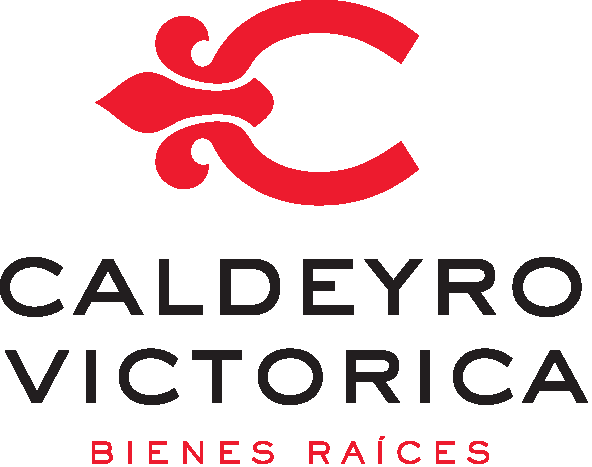By law, the investment in Uruguay has been declared of national interest. The foreign investor enjoys the same incentives as the local investor, without any discrimination existing from the fiscal point of view or restrictions on the transfer of profits abroad. There are general and automatic incentives for the investment.
What companies and projects can have access to the benefits?
The law grants access to the benefits to companies of national and foreign capital making the following three types of investments:
- General Investments: Companies paying Business Activities Taxes (IRAE) and Agricultural Assets Transfer Taxes (IMEBA), conducting industrial and agricultural activities.
- Specific Investments: Those companies of any activity sector involved in an investment project and that such project is promoted by the Executive Power will have the opportunity to access additional benefits.
- Investments in Specific Sectors: Those companies whose activity sector is biofuel, long-distance care centers, afforestation, power generation, hydrocarbon, communication, electronics industry, graphics industry, naval industry, tourism industry, external financial intermediation, agricultural machinery, maritime or aerial navigation, software and vehicles or auto parts.
What exemptions can be obtained?
For General Investments, the benefits are the following:
- Exemption from the Property Tax (IP) of the movable assets directly intended to the production cycle and of the equipment intended to electronic data processing.
- Exemption from the Value-Added Tax (IVA) and the Excise Tax (IMESI) corresponding to the import.
- Refund of IVA included in the purchases in place of the movable assets that are intended to the production cycle and equipment for the electronic data proceeding.
- In addition, the Executive Power has the authority to exempt of the IP to the following fixed asset properties:
- Fixed improvements that affects the industrial and agricultural activities.
- Intangible properties such as trademarks, patents, industrial models, privileges, copyright, intangible trade values, trade names and concessions granted for research, cultivation, extraction and exploitation of natural resources.
- Other assets, proceedings, inventions or creations that incorporate the technological innovation and lead to technology transfer.
For Specific Investments, the benefits are the following:
- Exemption of the Business Activities Tax (IRAE). This exemption is defined based on the application of a matrix of indicators and the obtained score in such matrix. The indicators are generation of employments, decentralization, increased import, extended production or research investment and development and sectorial indicator.
- Exemption of the Property Tax (IP). Exemption from movable assets that are not entitled to exemptions under other benefits, due to their usable life. In the case of real estate, the exemption will include civil engineering works, for a period of 8 years if the project is located in Montevideo, and for a period of 10 years if it is based in the inland area of the country.
- Exemption from the import rates and taxes, including the I.V.A of movable properties of fixed asset and materials intended to the civil engineering work, that does not enjoy of exemptions under other benefits, as long as they are declared as non-competitive with the national industry by the National Directorate of Industry (DNI) of the Ministry of Industry, Energy and Mining (MIEM).
- Reimbursement of the I.V.A for the acquisitions in place of materials and services intended to the civil engineering work.
For Investments in Specific Sectors, the benefits depend on the sector, for example:
- Afforestation: The incomes derived from its exploitation are not calculated for IRAE purposes, its values or extensions are not calculated for IP purposes and the exemption from the Rural Real Estate Contribution.
- Power Generation: The generated fiscal revenues are exempted of IRAE in decreasing installments until 2018, 2020 or 2023 depending on the type of project.
- Touristic industry: Exemptions from IVA in the purchases of goods and services (national or imported) intended to the construction, improvement, extension and equipment of touristic complexes. Exemption from IP for a period of 10 years.
What are the steps to apply?
The request is presented before the Support Unit to the Private Sector (UnASeP), with all the information required by Committee of the Application of the Investment Law. See what information is required to propose and present the projects here.
The investment project is forwarded to COMAP, who will determine what Ministry will be in charge of evaluating it, according to the corresponding activity. Once the project is evaluated by the corresponding Ministry, COMAP establishes the recommendations regarding the case being treated. The period for issuance is 60 working days (extendable) and in the event the deadline is over the project will be considered as promoted.
Once the COMAP is issued, it will take an indefinite period of time before the Executive Power sign the Resolution granting the benefits to the company.
After the investment project is promoted, COMAP will conduct a follow up on such project, for this purpose, the company must present the financial statements including audit reports and supplementary Affidavit with information for the analysis of the fulfillment of the investment project.
Other incentives in the law: Incentives to the immigration of aliens and Free Zones
- Foreigners as well as Uruguayan citizens who have resided abroad during three years, and currently living in the country bringing capital to be invested in activities supporting the economic, social or cultural development will enjoy duty exemption on the introduction of capital property and personal use belongings and household goods.
- Free zones. The users of the same will have exemption of every national tax.
For more information and details regarding the Investment Promotion Law contact us
Source: “Investor Guide” – Uruguay XXI

